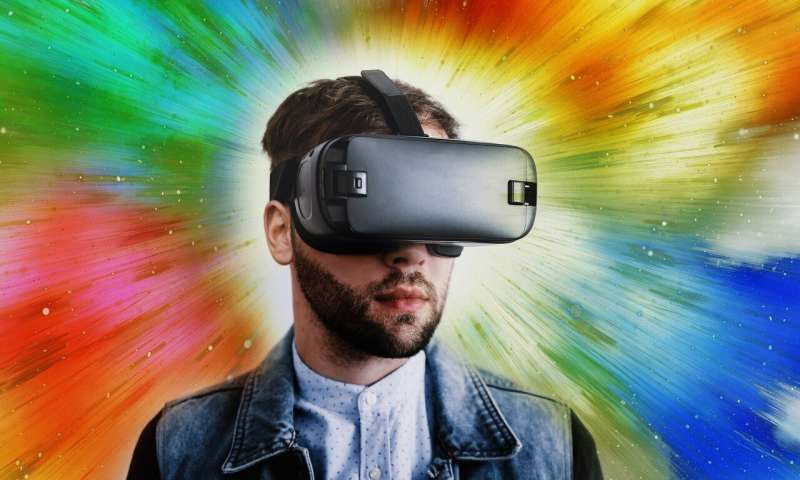by Mary Ann Liebert, Inc
A new study has shown that experiencing personalized experiences in a virtual reality setting can improve affect among university students. The study, which also showed that the use of personalized 360 video experiences is feasible for use in hospitalized patients to improve affect, is published in Cyberpsychology, Behavior, and Social Networking.

Christopher Evans, Elodie Chiarovano, and Hamish MacDougall, University of Sydney, Australia, coauthored the article entitled “The Potential Benefits of Personalized 360 Video Experiences on Affect: A Proof-of-Concept Study.” Poor affect can worsen the outcomes for patients in long-term hospital or institutionalized settings. Although these patients may not be able to attend events or visit with family that could improve their affect, they could possibly do so in a virtual reality setting through 360 video experiences.
The researchers found the virtual reality intervention to target negative affect levels, and those with high levels of negative affect benefited the most from the 360 video experiences. After testing the intervention on a population of university students, the researchers demonstrated the feasibility of using it in a hospitalized patient, enabling the patient to virtually attend an important life event. The patient had an increase in positive affect and a decrease in negative affect, with no side effects.
“Virtual reality may benefit hospitalized patients as well as those who are in long-term care facilities or those who have difficulties traveling. With increasing age, travel can become more difficult and VR may offer the opportunity for inclusion of family members and loved ones no matter their location, enriching important social occasions and family gatherings, and further improving quality of life,” says Editor-in-Chief Brenda K. Wiederhold, Ph.D., MBA, BCB, BCN, Interactive Media Institute, San Diego, California and Virtual Reality Medical Institute, Brussels, Belgium

Leave a Reply